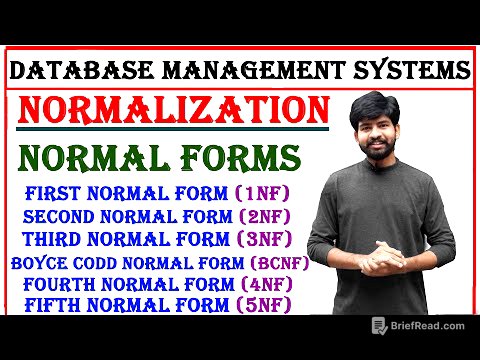TLDR;
This video discusses a recent national strike in Britain, highlighting the frustration of working-class citizens with the political establishment. It touches on various issues such as illegal immigration, net zero policies, and attacks on free speech. The discussion also involves the performance of the Labour government, the rise of the Reform Party, and a debate on whether Angela Rayner would be a suitable prime minister.
- National strike reflects widespread discontent.
- Labour government's performance is under scrutiny.
- Reform Party is gaining traction.
- Angela Rayner's potential as prime minister is debated.
National Strike and Public Discontent [0:00]
The video starts by emphasizing the significance of the recent national strike across Britain, where everyday citizens voiced their discontent with the current state of affairs. The strike, which occurred despite media and political dismissal, saw participation from various demographics, including plumbers, pensioners, nurses, and truckers. These individuals are demanding an end to illegal immigration, net-zero policies, inheritance tax, attacks on farmers, a national inquiry into rape gangs, and the perceived two-tier justice system. The speaker asserts that this movement represents the voice of the voiceless and signifies a turning point where ordinary people are losing patience with the political class.
One Year of Labour Government [2:02]
The discussion shifts to the Labour Party's performance since the last general election. It's noted that the Labour government has seemingly backtracked on many of its manifesto pledges, leading to a sense of continuity with the previous administration. Ordinary people feel unheard and believe that politicians are continuing with "business as usual." The Labour government is accused of lying and failing to deliver on promises, particularly regarding pensioners and farmers. The panel suggests that Labour's rise to power was primarily due to the failures of the Conservative Party rather than genuine support for their policies.
Rise of the Reform Party [4:17]
The Reform Party's increasing popularity in the polls is attributed to the public's desire for genuine, trustworthy representatives. Despite lacking governing experience, the Reform Party is attracting voters who are fed up with the established political parties. It's acknowledged that public opinion can change rapidly, referencing the Conservative Party's shift from fourth in the polls to a significant majority in 2019.
Angela Rayner as a Potential Prime Minister [5:31]
The conversation turns to Angela Rayner and her potential as a future prime minister. Rayner's working-class background is highlighted as a contrast to the traditionally Oxbridge-educated political elite. Her experience as a minister, including her work on housing and employment rights, is cited as evidence of her capabilities. However, some panelists express skepticism, viewing her as an identity politician whose policies would not differ significantly from the status quo. There are concerns that her policies, particularly regarding taxation, could harm the country.
Rayner Memo Leak and Political Strategy [8:43]
The discussion addresses the recent leak of a memo associated with Angela Rayner, which some consider a manifesto. The leak is viewed as a strategic move, possibly intended to portray Rayner as a potential successor to Keir Starmer. While some criticize her for potentially increasing taxes and pandering to the left, others point out that some of the proposals in the memo, such as depriving migrants of certain benefits, indicate a more moderate and sensible approach. Ultimately, there's a sense that modern politics is driven by chasing the wind rather than genuine conviction.









